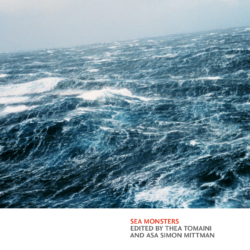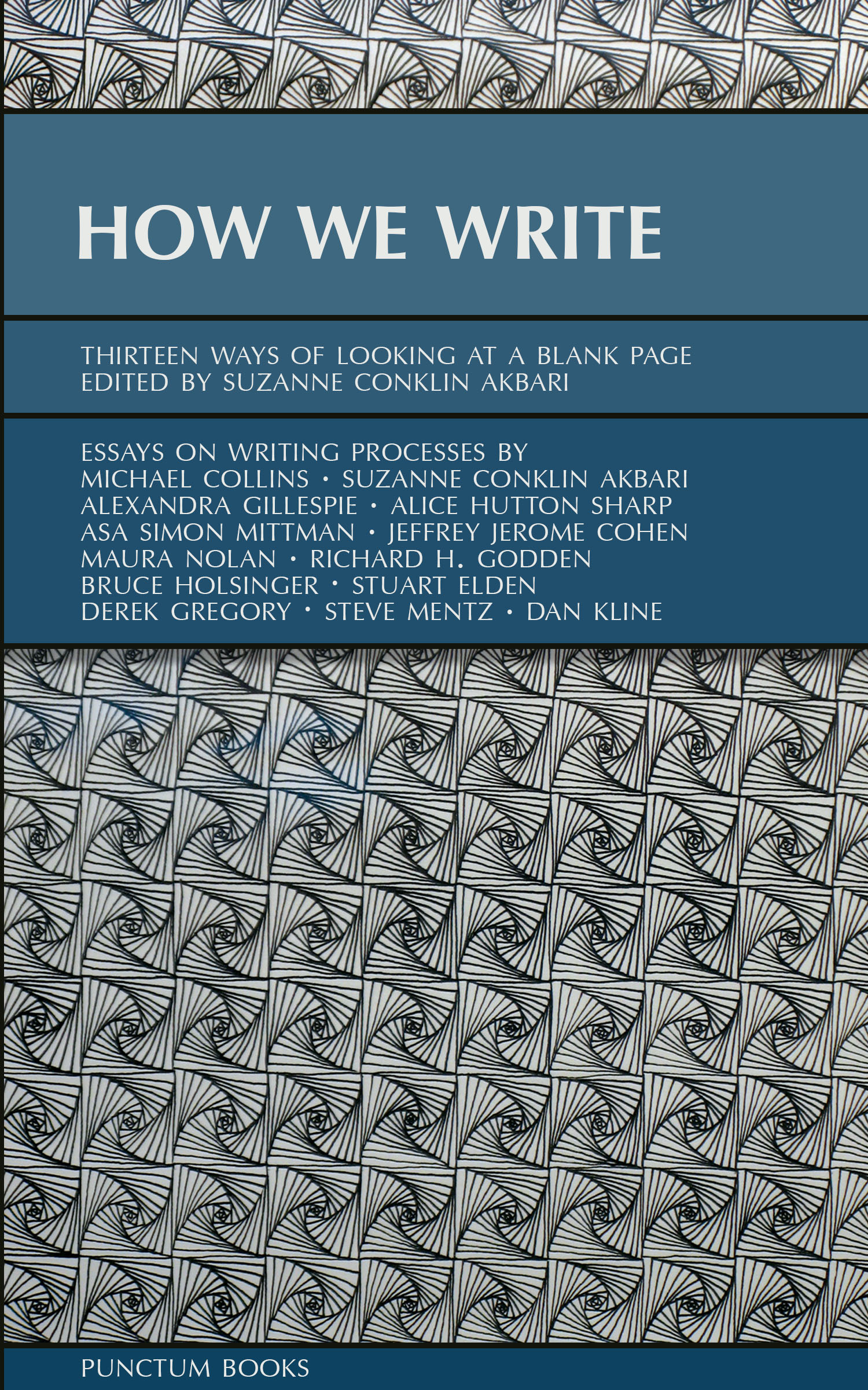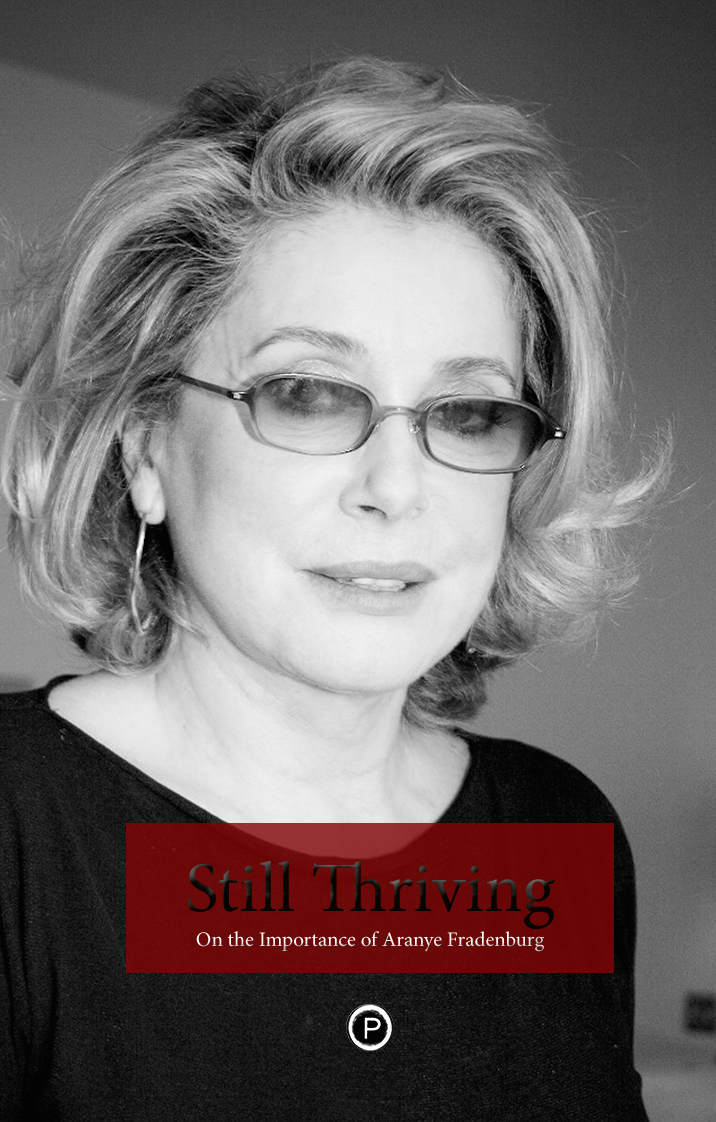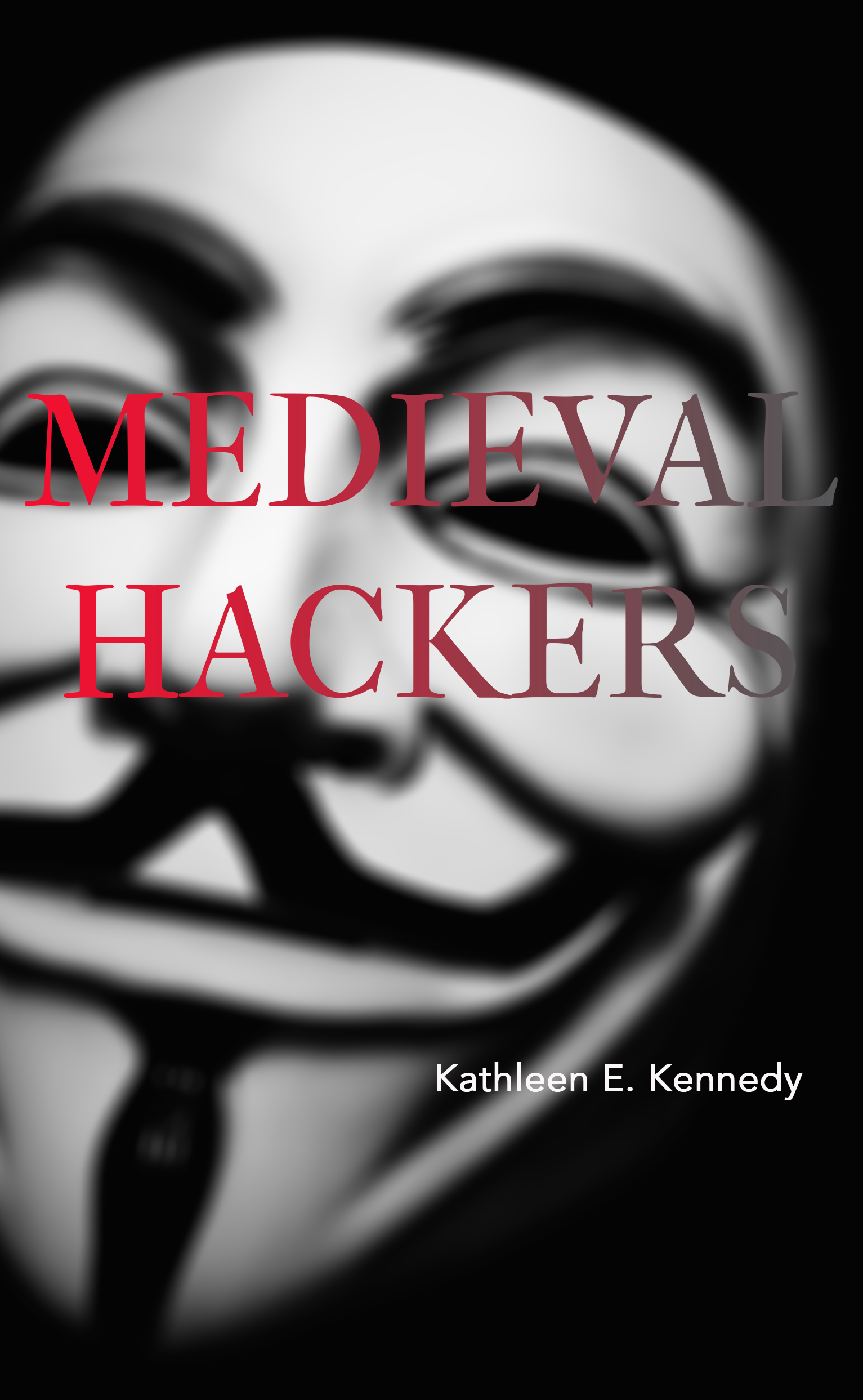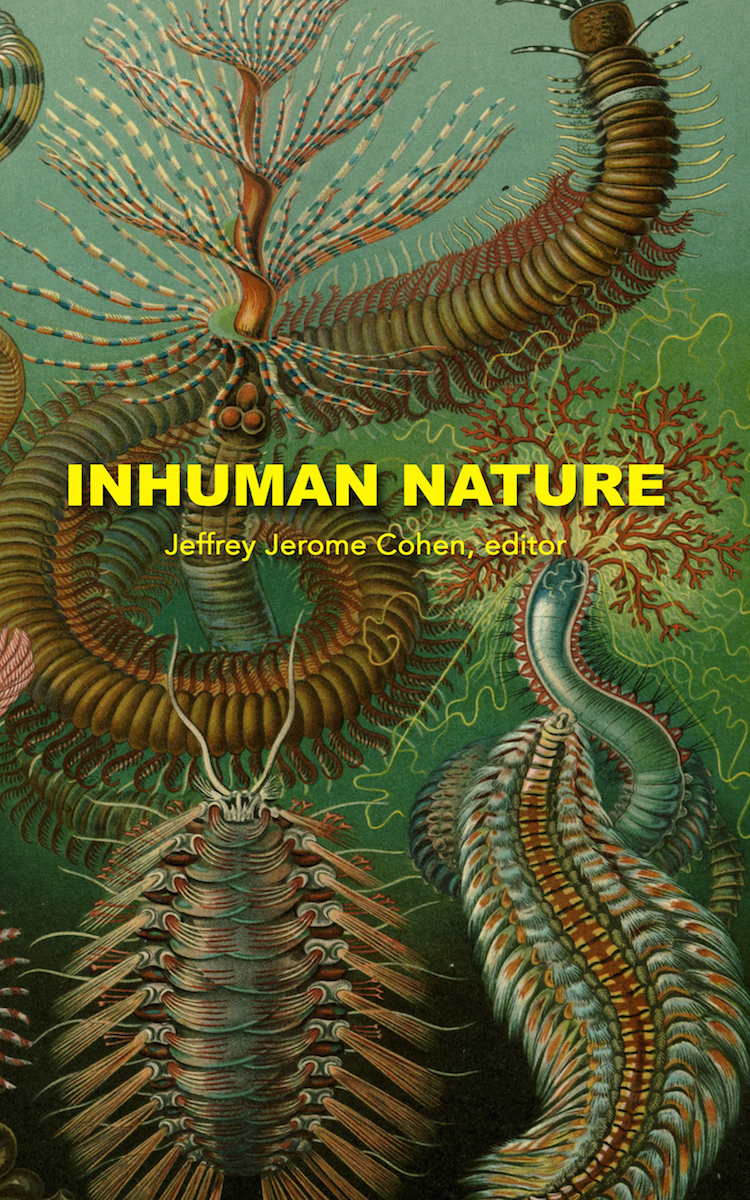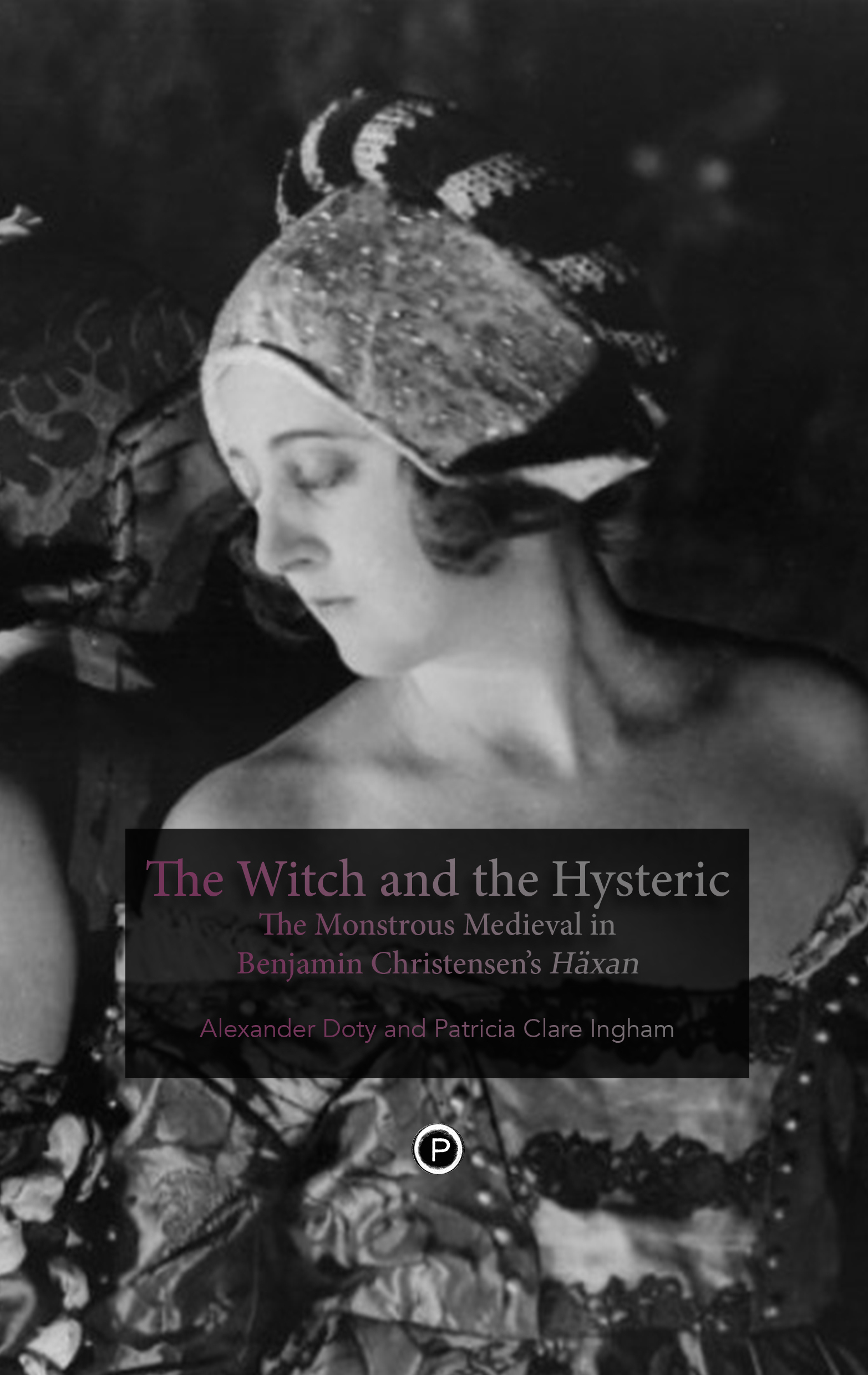Sea Monsters: Things from the Sea, Volume 2
Imprint: tiny collections
Published: 09/29/2017
Beaches are places that give and take, bringing unexpected surprises to society, and pulling essentials away from it. Through monsters, we confront our tiny time between catastrophes and develop a recognition of Otherness by which an ethical understanding of difference becomes possible. Learning to read the monster’s environmental signs often helps humans determine the scope[…]

